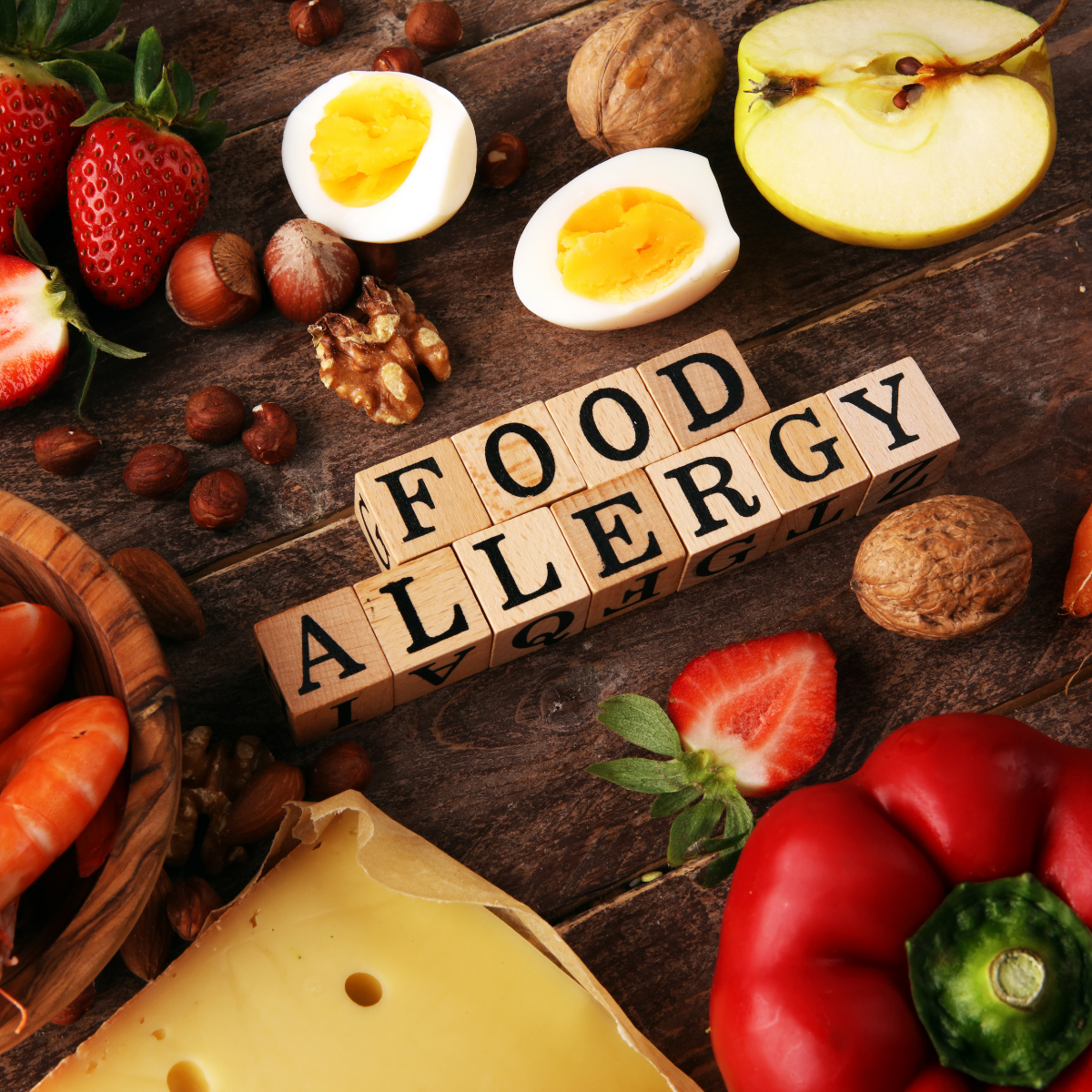Causes and risk factors
An allergy is an autoimmune reaction of the body. When an individual consumes the specific substance the immune system considers it a harmful substance for the body as a result the body stimulates the cells to secret the immunoglobulin’s to nullify the effect of the substance. The next time as soon as one consumes even small quantity of that particular food to which the person is sensitive the immunoglobulin’s are stimulated and they release histamines for the defense, this process gives rise to the signs and symptoms. The common food substances which can cause allergy are peanut, citrus food, milk, fish and meat. Pistachios, walnuts and coconut and some types of oils are other substances which can cause allergy in some people. Mushrooms and olives are also the common causation of allergy. Food allergy is more common in children.
Clinical presentation:
A person who is allergic to certain food substances can present with complaints of red eruptions (Urticaria) and itching of the body. Other symptoms like nausea, vomiting, pain in abdomen, flatulence, bloated feeling in abdomen and change in bowel movements like diarrhea or constipation can occur. The person can also come up with symptoms of respiratory affection like running of nose, running of eyes, cough, and wheezes. Headache is also a common complaint seen. Food allergy in some patients can also lead to life threatening condition of anaphylaxis.
Investigations:
Usually the patient himself overtime can identify the allergy to certain food substances. Diagnosis can be done on the basis of the symptoms narrated by the patients and the physical examination carried out by the doctor. The detail history taken from the patient will help the doctor to evaluate. Diagnosis by diet elimination of the suspected food substance or monitored intake of the same to elicit the symptoms Routine blood test and allergy test of the food allergen can be recommended by the consultant which will confirm the diagnosis.
Treatment:
As per doctors advised food substances identified as a cause of allergy may be omitted or avoided from the diet. For relieving the discomfort anti allergic medications are advised. Anti histamines and steroids have found to be effective. In cases of anaphylaxis hospitalization and close monitoring is required.






























